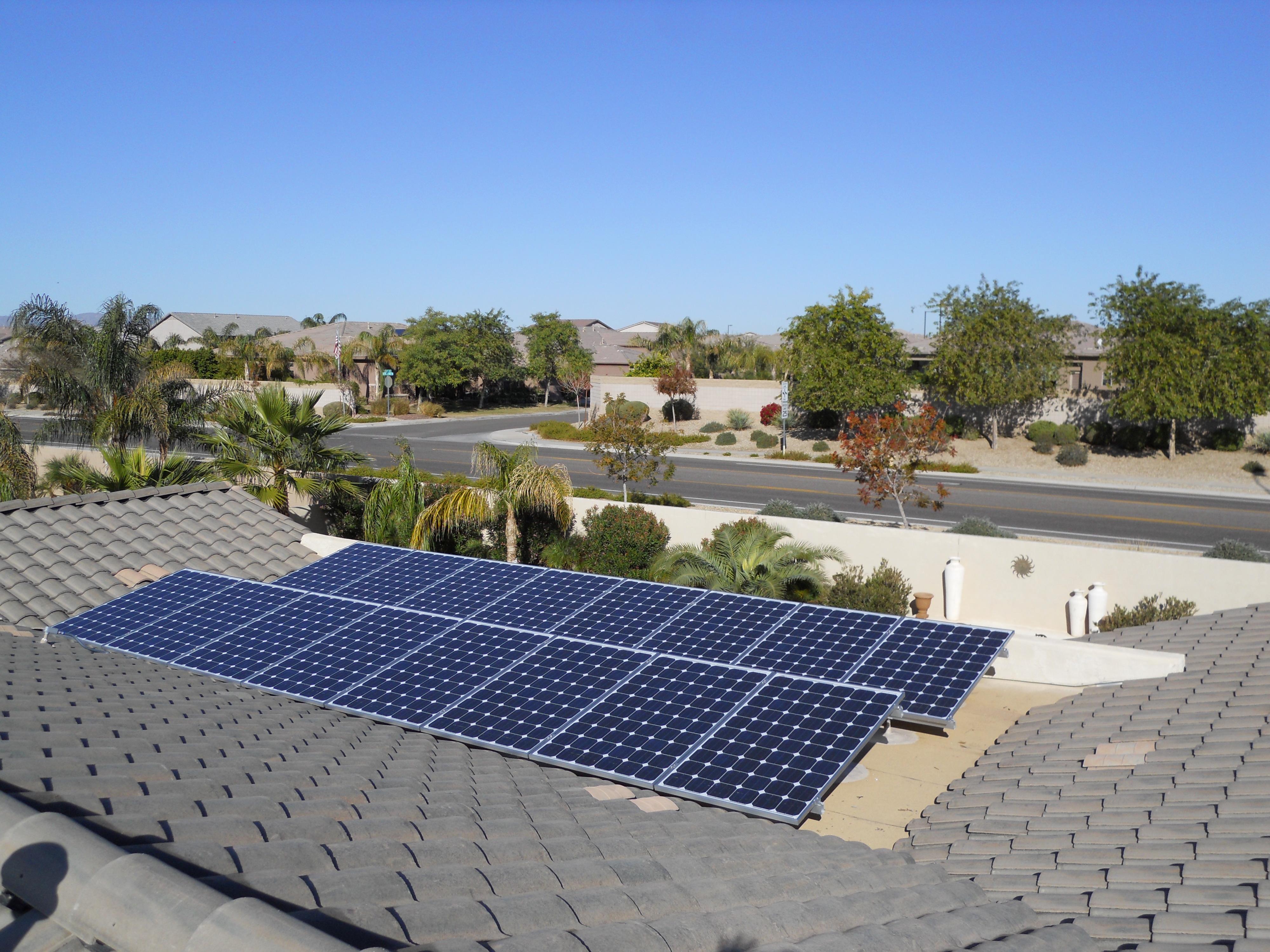Drought pulls ocean water up Mississippi
08/19/2012 Leave a comment

The low level of the Mississippi River has allowed saltwater to travel 75 miles further upriver than usual according to a report in the Wall Street Journal. The reporter claims that saltwater fish are ‘selected to survive these things,’ which, the writer claims, have been happening for tens of thousands of years.
Response:
This article is an example of media disregard for the evidence of climate change, with the added implication that recent extreme weather events are natural fluctuations. Recent studies have helped policy makers sort out the difference between unusual weather that is part of natural variation and record breaking extreme weather events due to global warming.
According to NOAA, the odds of this heat wave and drought happening randomly is one in 1,594,323.
The article includes mention that the oil refineries near the mouth of the Mississippi, which use lots of fresh water, are operational. A more inclusive and informative report would have told us the amount of carbon dioxide those refineries emit daily, and the amount of CO2 that will be released when the oil they refine each day is burned. It would also be interesting to know whether Phillips 66 will invest any of its $1.2 billion in oil profits and $47.8 billion in revenue from the second quarter of 2012 in green technology that would provide us with power without incurring hundreds of billions of dollars in damages to human health, crops and timber yields.

